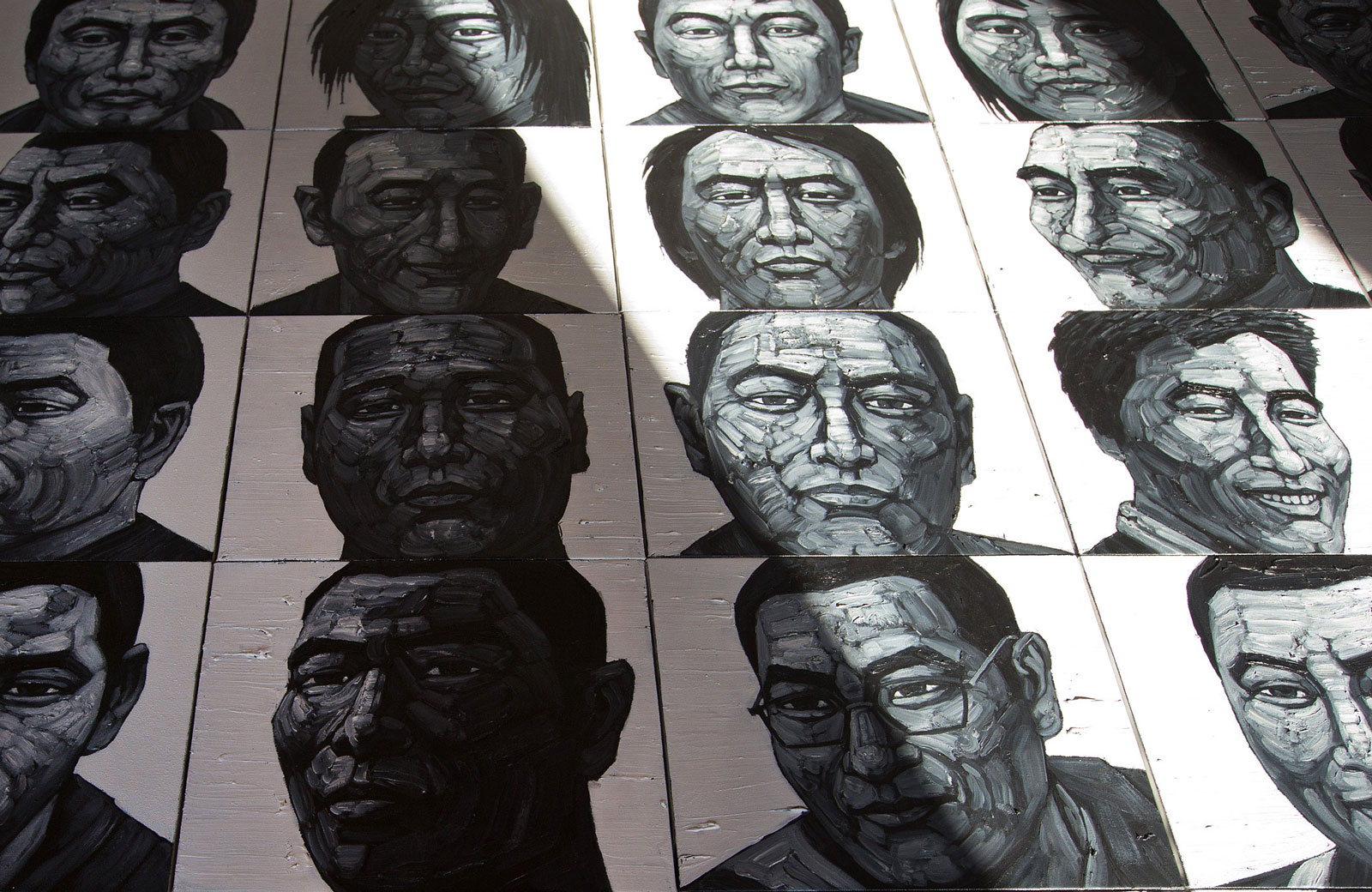Since 2009, at least 146 Tibetans have set themselves on fire in protest against China’s policies in the region. Tibetan writer Tsering Woeser has written a book, “Tibet on Fire: Self-Immolations Against Chinese Rule,” which looks at who committed the immolations, their reasons for doing so, and how the act relates to Buddhist teachings. She links the wave of self-immolations, which peaked in 2012, to a crackdown on protests in Tibet in March 2008, which, Woeser says, led to “the transformation of Tibet into an open-air prison.” In an excerpt of her book, which is being released in English today, she describes what is known about the 146 self-immolators. From the New York Review of Books:
Of these, 141 did so within Tibet, while the remaining five were living in exile. According to the best information we have, 125 have died (including 122 within Tibet and three abroad). Most of these individuals are men, though some are women. Many were parents who left behind young children. The oldest was sixty-four, and the youngest was sixteen. Seven underage Tibetans have either self-immolated or attempted self-immolation; two of them died, and two were detained and their fate is unknown. The numbers include three monks of high rank (tulkus, or reincarnated masters), along with thirty-nine ordinary monks and eight nuns. But many were ordinary people: seventy-four were nomads or peasants; among the others were high school students, workers, vendors, a carpenter, a woodworker, a writer, a tangka painter, a taxi driver, a retired government cadre, a laundry owner, a park ranger, and three activists exiled abroad. All are Tibetan.
These events constitute the largest wave of self-immolation as a tool of political protest in the modern world—yet there is no such tradition in Tibetan history. How did we get here?
Recent decades have brought increasingly extreme oppression to Tibet’s third generation under Chinese rule. This oppression is primarily manifested in five areas of Tibetan life. First, Tibetan beliefs have been suppressed, and religious scholarship has been subjected to political violence. The dispute over the reincarnation of the tenth Panchen Lama in 1995, in which Beijing selected its own Panchen Lama and placed the Dalai Lama’s chosen appointee under house arrest, created the world’s youngest political prisoner and produced an irreparable break in relations between Beijing and the Dalai Lama.
[…] In my interviews with international media on the topic of self-immolation, I have always tried to emphasize one area of frequent misunderstanding: self-immolation is not suicide, and it is not a gesture of despair. Rather, it is sacrifice for a greater cause, and an attempt to press for change, as can be seen in these two peaks in self-immolation. Such an act is not to be judged by the precepts of Buddhism: it can only be judged by its political results. Each and every one of these roaring flames on the Tibetan plateau has been ignited by ethnic oppression. Each is a torch casting light on a land trapped in darkness. These names are a continuation of the protests of 2008 and a continuation of the monks’ decision that March: “We must stand up!” [Source]
Read more about Tibetan self-immolations, via CDT.








